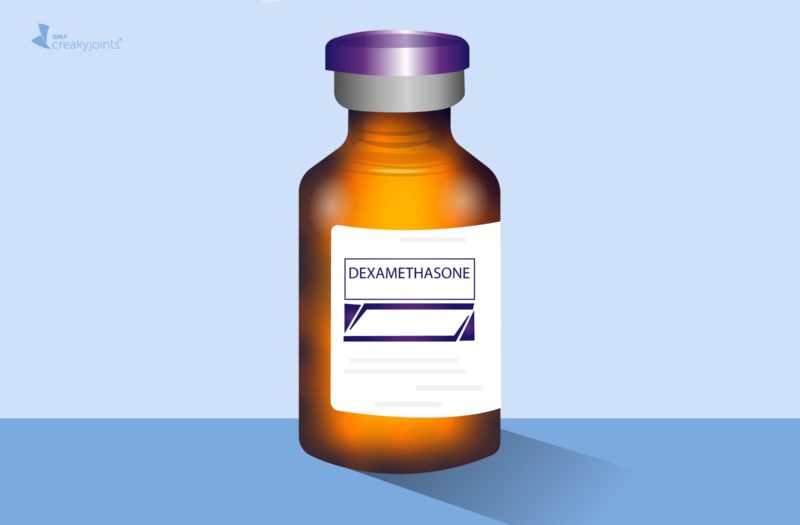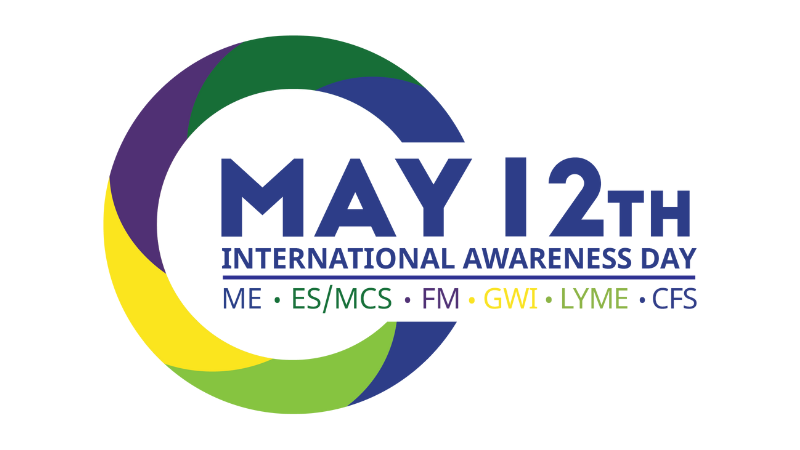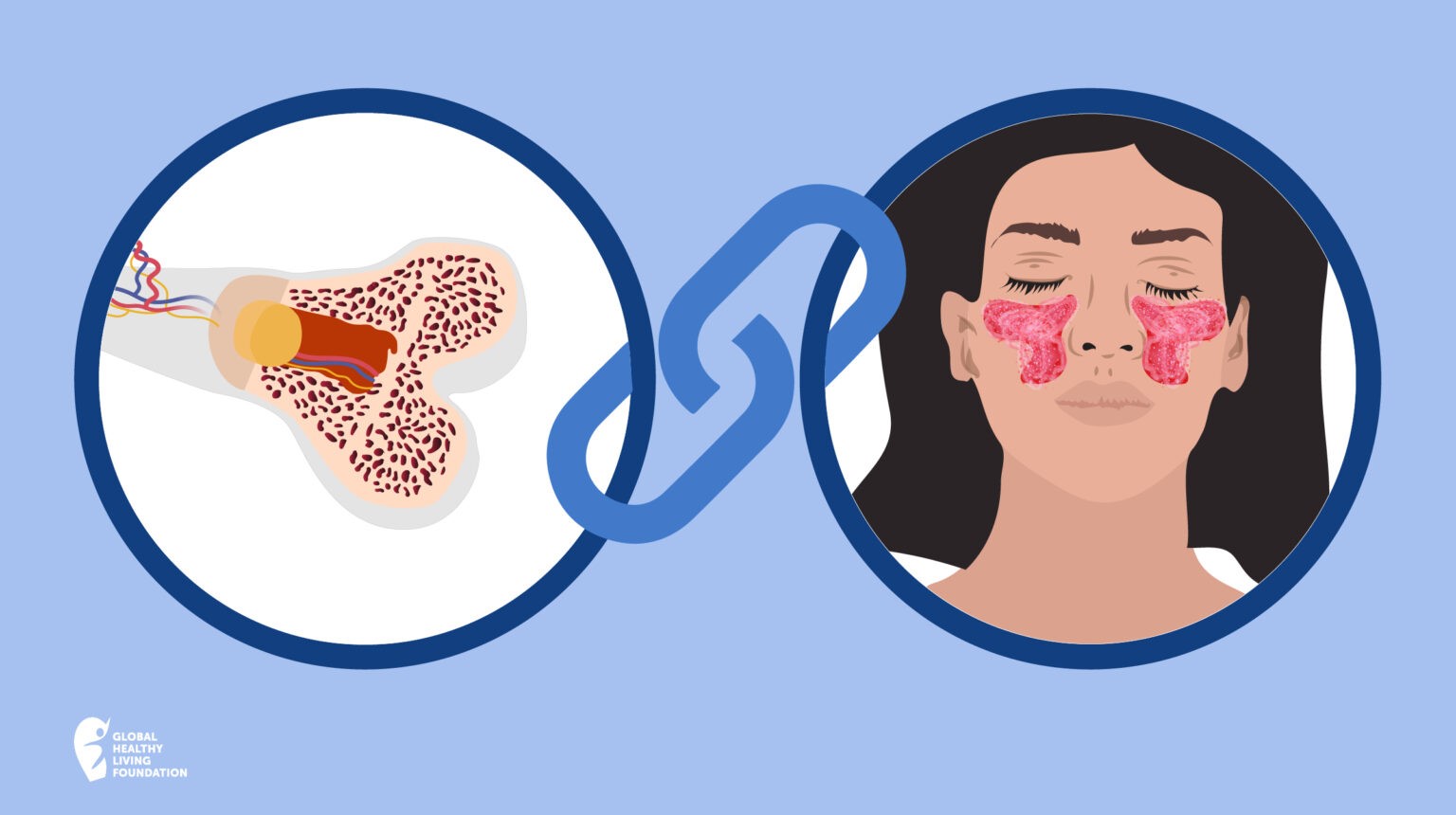

Corticosteroids are prescribed for a wide variety of conditions, ranging from eczema and asthma to rheumatoid arthritis and lupus. Now a new UK study suggests that giving a corticosteroid called dexamethasone to severely ill COVID-19 patients greatly improves their chances of survival.
The study, called RECOVERY (Randomised Evaluation of COVid-19 thERapY), has not yet been published or peer-reviewed, which makes the findings preliminary. But on 16 June, the University of Oxford (where the research was conducted) issued a press release announcing what appears to be a very significant finding.
According to the release, 2,104 COVID-19 patients were randomly assigned to take 6 mg of dexamethasone daily for 10 days while another 4,321 were given the usual care. About a month later, it seems that patients who had been in severe respiratory distress seemed to have benefitted greatly from this drug.
“Dexamethasone reduced deaths by one-third in ventilated patients and by one-fifth in other patients receiving oxygen only,” the authors reported. “Based on these results, one death would be prevented by treatment of around eight ventilated patients or around 25 patients requiring oxygen alone.”
Patients who did not require respiratory support did not benefit from using dexamethasone.
“Dexamethasone is the first drug to be shown to improve survival in COVID-19,” co-investigator and infectious disease expert Peter Hornby said in the press release. “The survival benefit is clear and large in those patients who are sick enough to require oxygen treatment, so dexamethasone should now become standard of care in these patients. Dexamethasone is inexpensive, on the shelf and can be used immediately to save lives worldwide.”
It is believed that this medication may help quell out-of-control inflammation associated with cytokine storm syndrome.
Dexamethasone vs Other Corticosteroids
If you have a rheumatic disease, you’re probably already familiar with corticosteroids like prednisone or prednisolone. You might have even taken dexamethasone: In the US, this drug (brand name Decadron) is FDA-approved to control flares of conditions including gout, ankylosing spondylitis, psoriatic arthritis, rheumatoid arthritis and lupus.
Corticosteroids are usually only prescribed for short-term use due to the high risk of side effects, which include swelling, mood changes and increased vulnerability to infections. The risk goes up with the dose, which is why dexamethasone is not generally a first-line treatment: It’s a long-acting drug that is about 25 times more potent than a short-acting corticosteroid like hydrocortisone. (Predisone, which is considered intermediate-acting, falls in between them but is closer to hydrocortisone.)
The news about dexamethasone benefitting some COVID-19 patients should not have any bearing on your decision to use this drug or other corticosteroids for rheumatic disease. The findings — which still require objective vetting and replication in other studies — only apply to people who are seriously ill with this virus.
Importantly, there is no reason to believe that regular use of corticosteroids protects against coronavirus infection. It’s more likely that chronic use increases your risk by suppressing your immune system.
In other words, even though one kind of steroid — dexamethasone — may be lifesaving for critically ill patients, other corticosteroids can still increase your risk for COVID-19 infection or complications and you should try to be on the lowest dose possible to control the symptoms of your underlying condition.
Talk to your doctor if you have any questions about the safety of any corticosteroids you may be taking.
Get Free Coronavirus Support for Chronic Illness Patients
Join the Global Healthy Living Foundation’s free COVID-19 Support Program for chronic illness patients and their families. We will be providing updated information, community support, and other resources tailored specifically to your health and safety. Join now.
Keep Reading
- Living With Arthritis During COVID-19
- COVID-19: How to Access and Manage your Prescription Medications From Home
- Government Support for People With Chronic Illness
- Arthritis Treatments
This article has been adapted, with permission, from a corresponding article by Barbara Brody published on the CreakyJoints (US) website on 17 June 2020. Some content may have been changed to suit our Australian audience. Please note that some of the links will redirect you from the CreakyJoints Australia site (creakyjoints.org.au) to the CreakyJoints (US) site.




